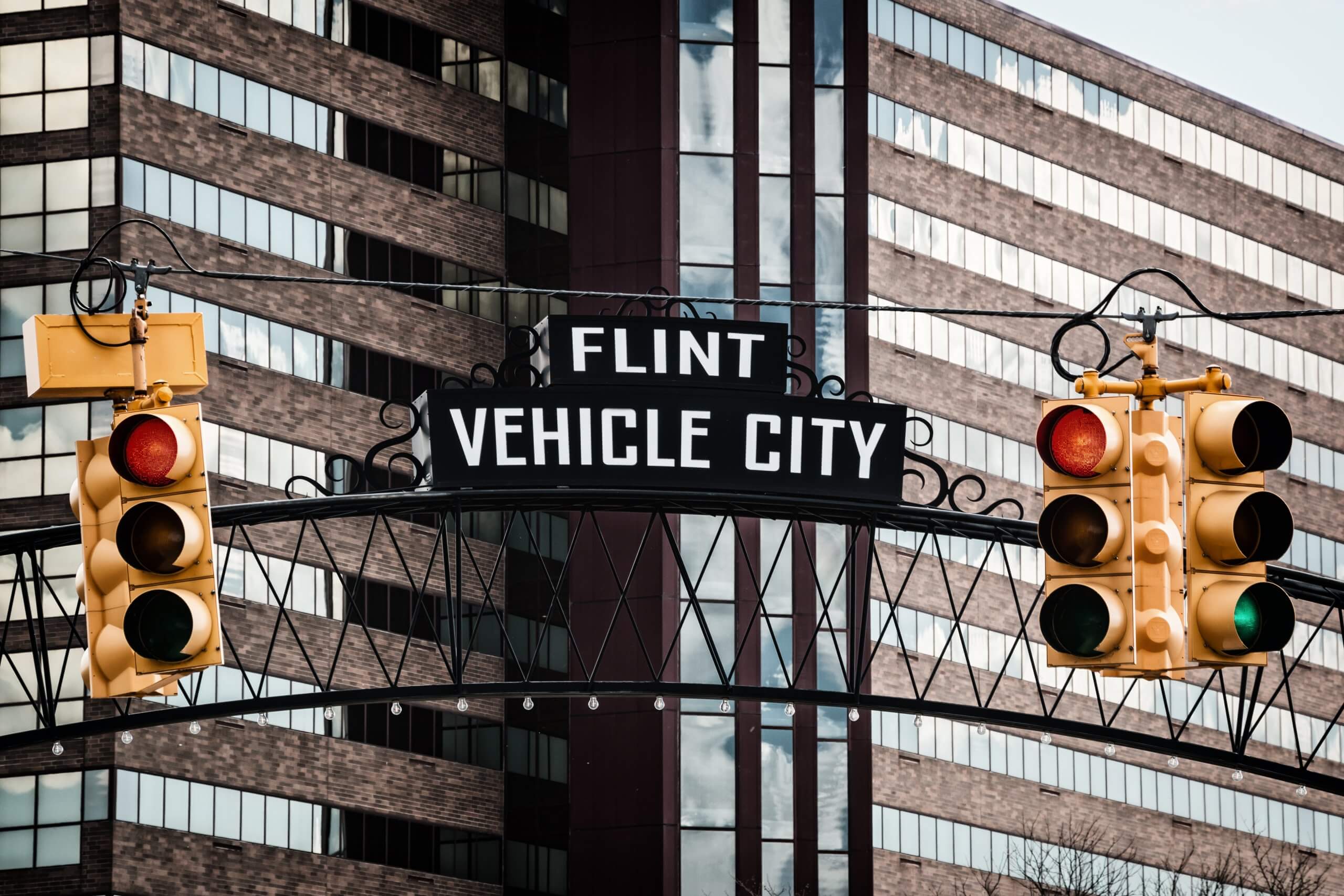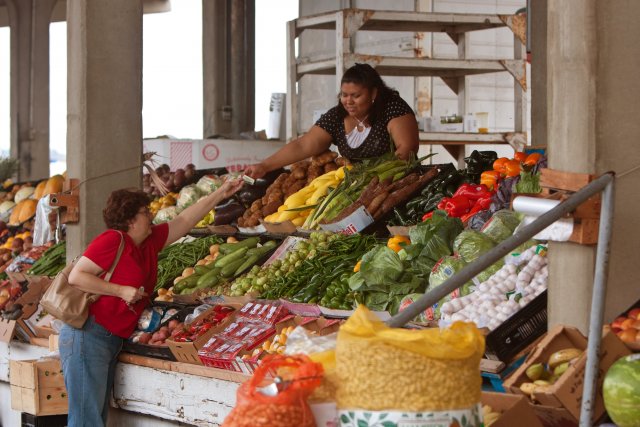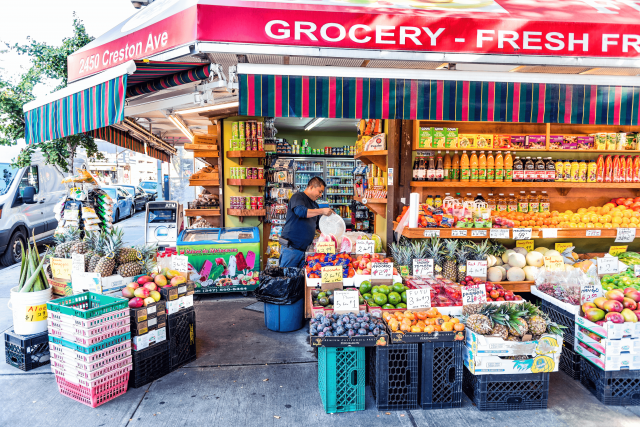The action and its aims
The Rides to Groceries bus line in Flint, Michigan, transports residents of underserved neighbourhoods to grocery stores. Alternatively, for those with a lot of groceries to carry, the Your Ride service collects and returns residents to their homes. The aim is to ensure access to food for people who do not have a car and have no grocery store within walking distance.
When it was introduced
Rides to Groceries was launched in 2015. Your Ride, a fleet of 9 propane-powered minibuses covering Genesee County, was added after drivers realised some people were using the bus service every day as they could not carry all their groceries to and from the bus stop.
Why it was needed
The services were needed because the closure of three major supermarkets in the city of Flint within an eight-month period left the community without easy access to healthy food and full-service grocery.
Who initiated it, who is involved
Rides to Groceries was the idea of the General Manager of Flint Mass Transport Authority (MTA). The MTA received a start-up grant from non-profit United Way of Genesee County, and graphics for Your Ride vehicles were provided by insurer Health Alliance Plan of Michigan. The service is funded by passenger fares. The regular bus fare is USD1.75 each way, Your Ride costs USD3.50 each way (reduced fares are available for both).
Impacts to date
No impact data were found in the public domain.
More information: A similar programme has been introduced in Philadelphia (USA), where the public transport agency aims for 75% of residents to have food access within 10 minutes. In Austin, Texas (USA) the Texas Capital Metro and Austin/Travis County Food Policy Council have cooperated since 1996 to offer a ‘grocery line’ bus for residents of the low-income Latino Eastside neighbourhood.
Other initiatives target specific groups, such as a bus service between six senior homes and supermarkets in Ann Arbor, Michigan (USA), and an initiative from Chelsea Area Transportation System to bring residents of senior centres to Chelsea Farmers Market on Saturday mornings.





